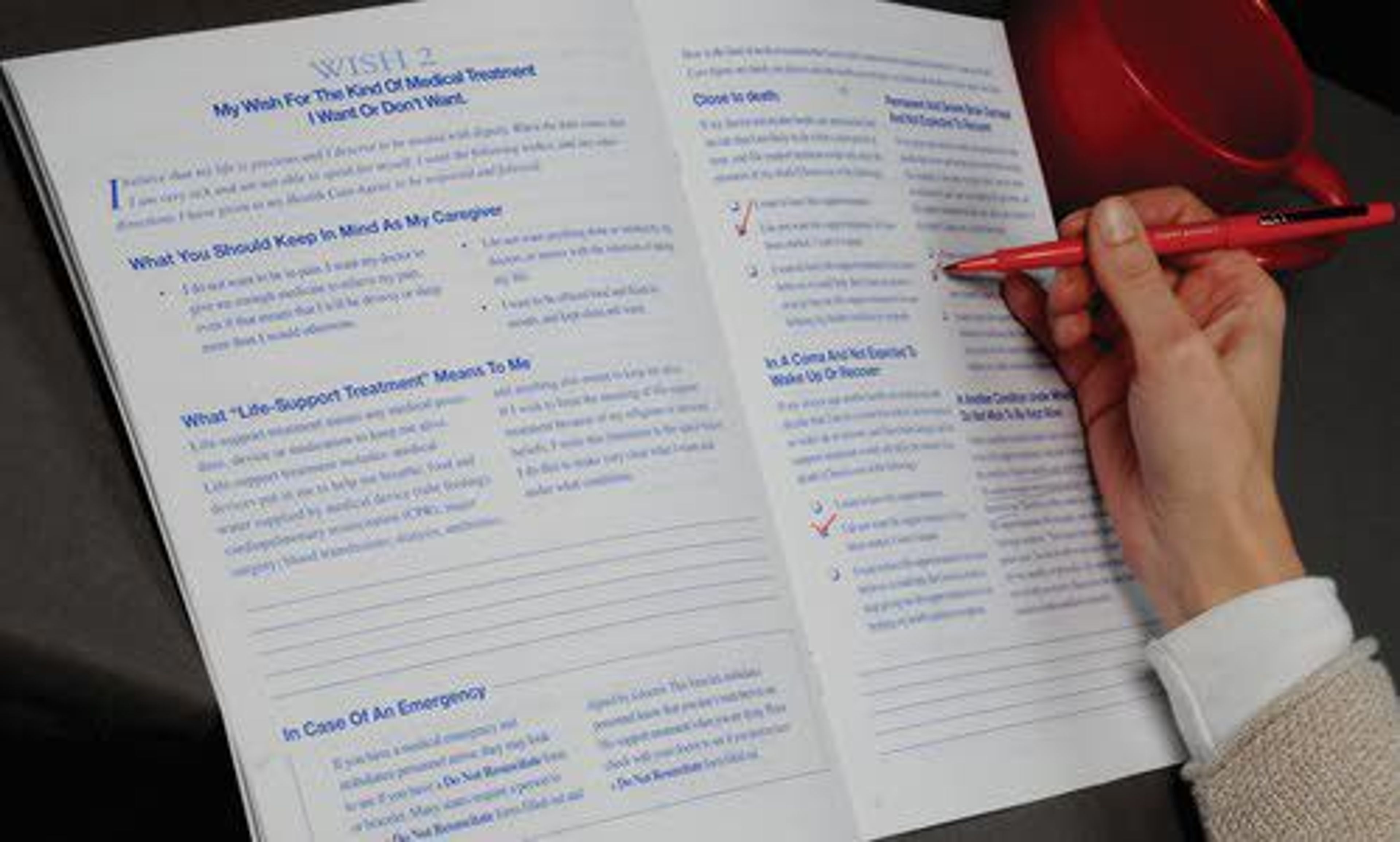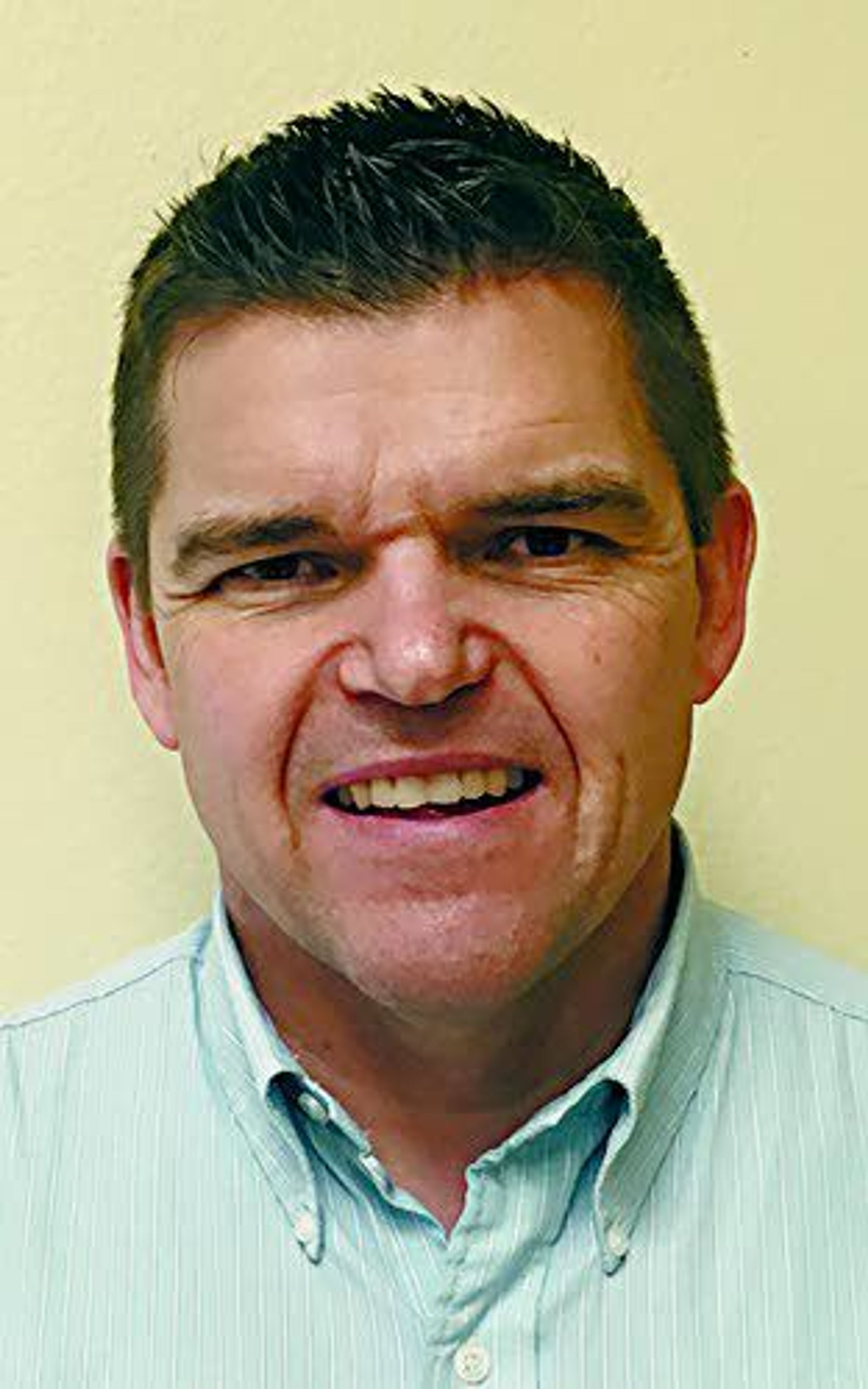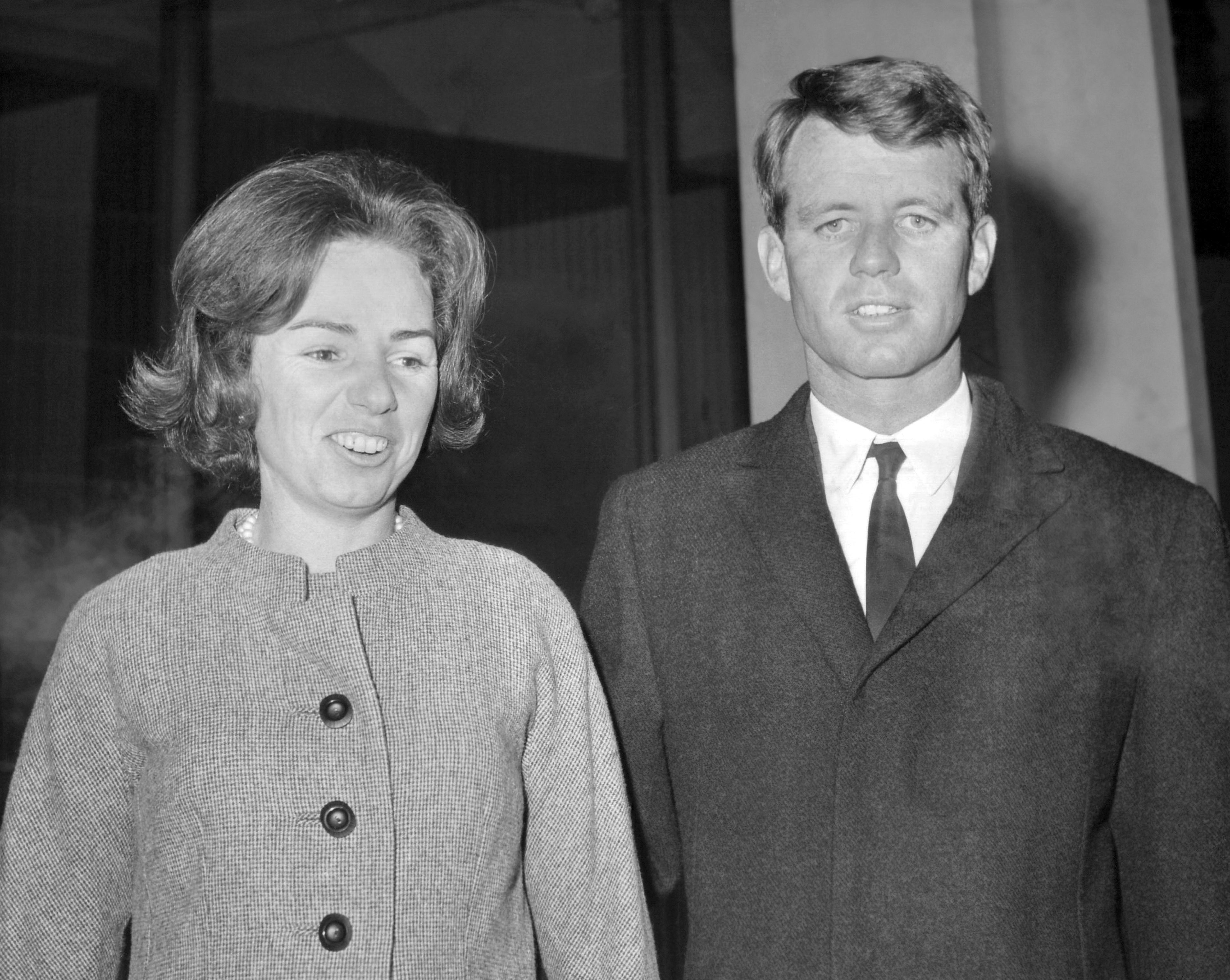Make it a good ending
Living will booklet walks users through tough end-of-life decisions
It's no one's idea of a good time to talk about what they want to happen at the end of their lives or in the event of a health crisis.
On the other hand, not talking about it can lead to situations that are even less fun for everyone.
While there's no way to make the subject more pleasant or the decisions easier, Five Wishes can make the process more convenient, and it is available for free or at low cost.
Five Wishes is a living will document written in everyday language that addresses not only end-of-life medical preferences, but personal, emotional and spiritual needs as well. It comes in the form of a booklet that people can fill out in the comfort of their own homes. Once completed and properly signed, it becomes a legally valid document in most states, including Washington and Idaho.
"What I really like about Five Wishes is that it becomes a legal binding document," said Karen Richel, financial literacy extension coordinator through the University of Idaho. "A lot of people don't want to do the advanced medical directives because of the cost associated with getting an attorney, and so this is a nice alternative."
The UI Extension offered a Five Wishes workshop in December during one of its monthly Lunch and Learn programs, which explore various subjects in short, free courses. The workshop was taught by Jay Ostvig, agency director for Addus Homecare. Five Wishes workshops are offered at various times and places in the area, including two sessions in Moscow this month.
Ostvig has seen firsthand the value of making decisions in advance. A number of years ago, his father was hospitalized suddenly with severe health problems. Ostvig immediately drove across the country to see him and was able to say goodbye before he died. The unexpected nature of the death was made even more difficult because end-of-life decisions and preparations hadn't been made in advance. It was a challenging time, and some family members suffered for years.
"We decided to do things different with mom," Ostvig said.
The family put everything in place for the end of her life a full 10 years before she died. Not only were medical and legal decisions made, but the memorial service preparations were made as well.
"When she went, it was all taken care of," Ostvig said.
As a result, the family was able to gather and celebrate her life more freely because the difficult decisions and preparations had been taken care of.
While it might seem like there's ample time to ask loved ones what they want when the end comes, not everyone has that opportunity. Health can decline, abilities change, accidents happen and what was once possible to communicate is no longer an option.
"It's not just for you, it's for those you care about," Ostvig said of making these end of life preparations. "It's a gift to them."
Communicating preferences in a legal document also has the potential to increase personal comfort. For example, you can request pain medication or to have calming music playing in your room. It also can spare loved ones from agonizing over decisions, living with guilt after making them, wondering if they're doing what you want or arguing over how to handle things. Five Wishes ends the bedside guessing game, Ostvig said.
Five Wishes acts as an advance directive form that details a person's wishes regarding medical treatment in the event he or she becomes unable to express informed consent. Other types of advance directives include durable power of attorney, Do Not Resuscitate orders and organ donation forms, which are available online or through an attorney. When such decisions aren't legally documented, the default for medical personnel is state law.
Five Wishes provides simple, easy-to-understand statements in five categories. The first two address legal and medical issues, the last three deal with personal and spiritual concerns. Preparing the document is as simple as crossing statements out, filling in blanks and writing in personal preferences. The document addresses the following five categories:
Wish One: Health Care Agent
Who will make health care decisions on your behalf if you can't make them for yourself?
This might include such decisions as who can apply for insurance programs or choose organ donation on your behalf, or moving you out of the state for care.
For some, the choice of who to appoint is obvious, but for others it can be difficult; there's not a standard way to decide who should have this role.
"It's different for everyone," Ostvig said.
Relationships and circumstances vary widely. It might be natural to select a spouse, child or close family member, but that can become complicated if that person is too emotionally involved, does not want to be put in that position or isn't readily available to fill that role.
Calling on someone not emotionally up for the task of making hard decisions, can make that person's life "a living hell," Ostvig said. The Five Wishes booklet advises selecting someone who knows you well, cares about you and can make difficult decisions. In many cases, Ostvig said, that person is someone you've been close to most of your life, if not a family member, then a best friend. That person's name and contact information goes on the form, along with two alternates.
"Choose your agent wisely," Ostvig said.
Wish Two: Life Support and Pain Management
The second "wish" addresses decisions regarding life support and pain management.
The document defines what is meant by life support and allows individuals to specify conditions in which they would or wouldn't want to be placed on life support. It also addresses medical comfort measures, including use of pain medication.
In making this decision, Ostvig encourages individuals to think not only about what they want, but how their treatment will affect others. Days and weeks spent in a hospital without hope of recovery take a financial and emotional toll on loved ones, he said.
Ostvig emphasized that a Do Not Resuscitate form is a legal document separate from Five Wishes that must be signed by a physician. It's a legally binding order that lets emergency personnel know patients don't want life-support treatment when dying.
Ostvig noted the importance of communicating do-not-resuscitate wishes to family members. He described a case in which an individual had a heart attack; a family member unaware of the DNR order began rescue efforts before the ambulance arrived. The patient survived but suffered brain damage and was permanently incapacitated.
Wish Three: Personal Comfort
Every person has preferences about comfort, ranging from pain management medication to personal care. The third wish allows you to indicate these preferences.
For example, medications often carry side effects, including drowsiness. Some people prefer to be alert even if it means a higher pain level, while others want to minimize discomfort.
Five Wishes also helps users identify other comfort measures - such as music, oil massage, being read to or warm baths - outside the norm of standard medical treatment.
"The medical system is good at curing people, but they're not always good at caring for people," Ostvig said.
Fulfilling all specified comfort measures isn't always possible, but to the extent that it is, caregivers will know your preferences. It also gives loved ones a place to start in providing meaningful comfort and can give them peace of mind to know they are doing what a patient wants.
Wish Four: Personal Treatment
This section addresses preferences on personal treatment.
"It covers 'This is what dignified care means to me,' " Ostvig said.
Maintaining a person's dignity during their final days can be a last way to show kindness. Some examples include having pictures of loved ones nearby, being prayed for and dying at home when possible.
Wish Five: What You Want Loved Ones to Know
What final words would you want your loved ones to hear from you?
The last wish is an opportunity to communicate your love; ask for and offer forgiveness; and address other family dynamics.
Noting preferences won't necessarily accomplish what you want, Ostvig said. Family members may choose to fight even if you've said you don't want them to. But sharing your thoughts is a way of saying, "Here's what matters in my life."
The final section also gives opportunity to address emotional and spiritual aspects of your life and state preferences about burial, cremation and memorial services.
Make it official
For those who already know their preferences in the five categories, the entire document can be completed in 20 minutes. However, Five Wishes isn't legally binding until it is signed in the presence of two witnesses.
The document specifies requirements about who can serve as witnesses, which excludes relatives, medical personnel and the stated health care agent, among others. These limitations are yet another reason not to delay decision making, Ostvig said.
Once signed and witnessed, the document becomes legally active in Idaho and Washington. Some states require that it also be notarized, and Ostvig suggests doing so if possible.
To best ensure wishes are followed, Ostvig advises making copies of the completed document and distributing them to family, health care agents and physicians. The original should be kept in a known and accessible location. The booklet also includes a wallet card that's especially useful in travel.
Any changes you wish to make can be made on the document itself.
"This is a living document. This can be changed. Once it's done, it's not set in stone - you can change it at any point," Ostvig said.
Simply note the change, initial and date the document where you make updates, he said, and communicate with those affected by the changes.
While Five Wishes can be used in conjunction with other legal documents, Ostvig recommends consolidating final wishes in a single document, since multiple or separate documents can lead to confusion and invalidate your preferences. The Five Wishes booklet includes instructions for those who wish to use Five Wishes in lieu of a previously prepared legal document.
As to when to tackle this job, Ostvig offers this advice:
"There's no good time to do it - just do it now." The worst time, he said, is when a person is already in a health crisis or is dying.
"It's never too early to have this stuff done."
Schmidt can be contacted at (208) 305-4578 or mschmidt@lmtribune.com
WORKSHOPS SET
What: Free Five Wishes Workshop
When: 2 to 4 p.m. April 24 or 10 a.m. to noon April 25
Where: Gritman Medical Center Conference Room, 700 S. Main St., Moscow
Cost: Workshops are free; please reserve your spot by calling (208) 882-2011 or (208) 310-0310
Get the document: Five Wishes is available to those 18 and older for free at the UI Extension office or can be ordered online for $5 each at www.agingwithdignity.org.










